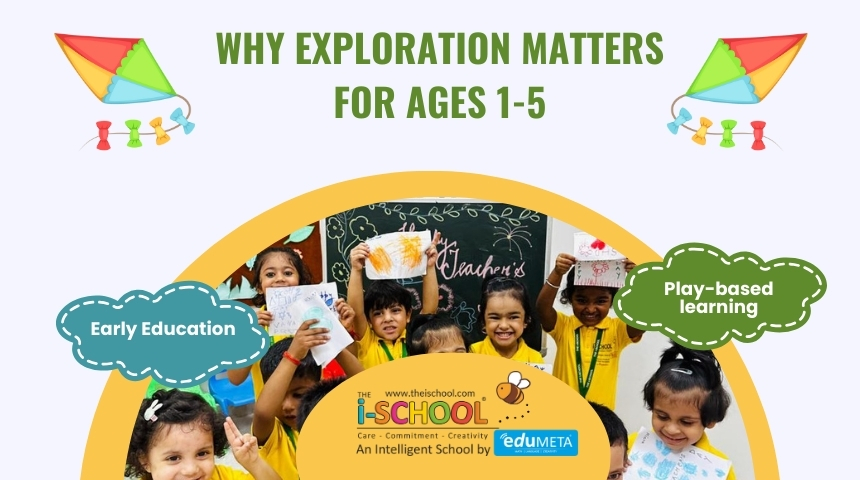Why Exploration Matters for Ages 1-5

Playtime is more than just fun for children—it’s a crucial part of their development. Through different types of play, kids learn important skills that help them grow into well-rounded individuals. Here’s how specific kinds of play can benefit your child:
1. Creative Play: Boosts Imagination and Problem-Solving
Creative play is when children use their imagination to explore new ideas, stories, and possibilities. Whether they’re building with blocks, drawing pictures, or pretending to be a superhero, creative play helps them think outside the box. It encourages problem-solving as they figure out how to bring their ideas to life and overcome challenges in their imaginary worlds. This type of play lays the foundation for innovative thinking and resilience.
2. Talk and Read: Enhances Language and Communication
Talking and reading with your child are powerful ways to build their language and communication skills. Through conversations, they learn new words, understand different sentence structures, and develop the ability to express their thoughts and feelings. Reading together opens up new worlds of knowledge, expands their vocabulary, and strengthens their listening skills. This bonding activity also fosters a love for learning and helps children become confident communicators.
3. Active Play: Develops Motor Skills and Coordination
Active play, such as running, jumping, climbing, and dancing, is essential for developing a child’s motor skills and physical coordination. These activities help strengthen muscles, improve balance, and enhance overall physical health. Through active play, children also learn about body awareness and develop a sense of control over their movements. This type of play is crucial for their physical development and encourages a healthy, active lifestyle.
4. Social Time: Fosters Empathy and Sharing
Social play involves interacting with other children, whether it’s during group games, playing pretend together, or simply sharing toys. These interactions teach children important social skills like empathy, cooperation, and sharing. Social time helps them understand the feelings of others, practice turn-taking, and develop friendships. Learning to navigate social situations is key to building emotional intelligence and forming healthy relationships.
5. Self-Expression: Builds Confidence and Emotional Growth
Through self-expression, children explore their emotions, creativity, and individuality. Whether it’s through art, music, dance, or storytelling, self-expression allows kids to communicate what they feel and think in ways that words alone might not capture. This type of play builds confidence as children realize their unique talents and abilities. It also supports emotional growth by helping them process and understand their emotions.
Conclusion
Play is not just a way for children to pass the time—it’s an essential part of their development that nurtures their mind, body, and emotions. By encouraging different types of play, you can help your child develop a wide range of skills that will serve them throughout their life. So the next time your child engages in creative play, has a conversation with you, or runs around outside, remember that they’re not just having fun—they’re growing in ways that will shape their future.
